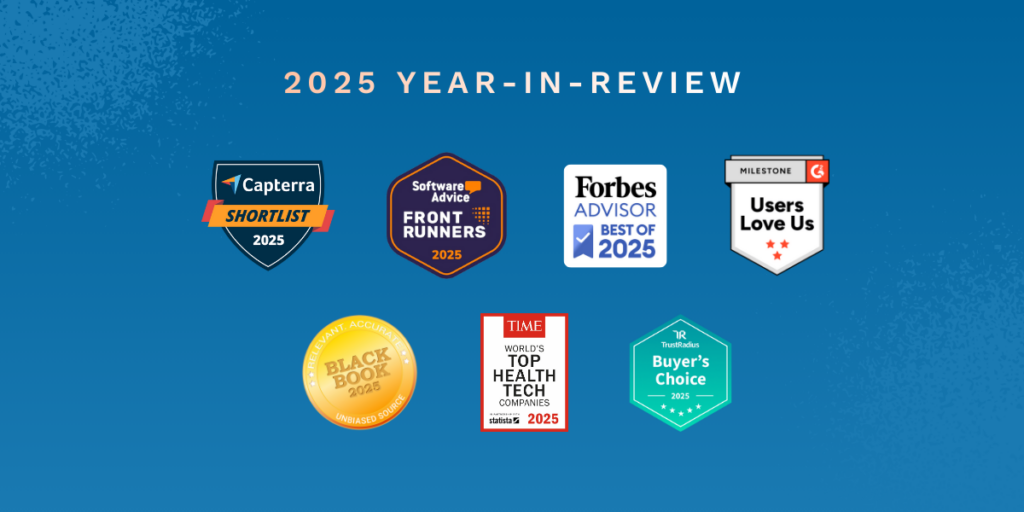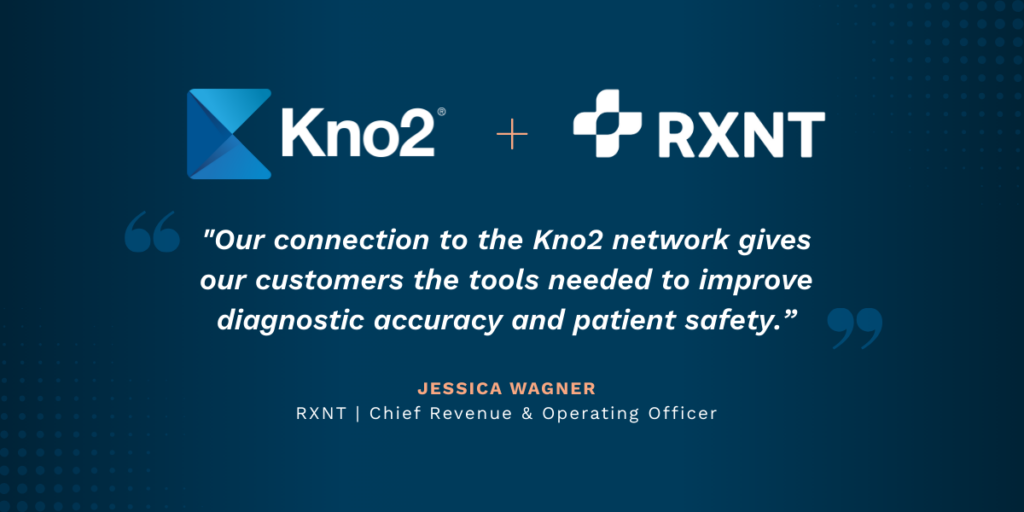Revenue cycle management, RCM, is an important aspect of any medical practice, yet, it is not uncommon for your billing staff to read the phrase “CLAIM DENIED” on a daily basis. Over time, practices become accustomed to seeing these words on a screen and complacent that this is an ongoing issue that cannot be resolved. However, tying up the loose ends of a claim can be costly.
A recent study conducted by the American Medical Association discovered that medical practices spend nearly $15,000 on reworking claims such as phone calls, investigative works, and claim appeals.
While medical billing is challenging, your practice can still implement strategies to raise its reimbursement rates and to diminish claim denials. Try utilizing these 8 techniques recommended by Revenue Cycle Intelligence the next time you evaluate your practice’s revenue cycle management.
1. Automate everything you can
Researching the latest insurance policies, updates, and different diagnostic codes can be a strenuous task. Your billing team should focus on timely matters such as double-checking and re-working claims. Select software solutions, like RXNT’s Practice Management, are equipped with intuitive ICD-9 to ICD-10 mapping technology. While practices can opt to spend time flipping and scanning through pages of codes, using a vendor with technology to code to the exact degree of specificity alleviates administrative work. Additionally, some vendors pull insurance information, which is automatically updated in real-time, based on a patient’s demographics. These measures reduce researching time and allow billing staff to focus on individual claims.
2. Stay on top of changes
Healthcare solutions, such as RXNT’s Practice Management, have the ability to flag inaccurate claims and to run aging reports. While this is a beneficial contribution to the billing process, the entire office should be aware of the general nature of Medicare regulations and other payers. Motivate your team members to subscribe to newsletters and to share relevant updates with everyone in your practice.
3. Do more up front
Revenue Cycle Insight states that 15.5% of denied dollars result from processes in registration; 8.5% and 7% derive from eligibility errors and pre-certification issues respectively. Educate your staff on the importance of completing forms correctly and accurately. By investing the time in the beginning, you will see the results pay off by minimizing minor claim mistakes.
4. Manage your team
When there are little measurements in place, it is difficult to know how efficient your billing team is. RXNT’s Practice Management has a dashboard that clearly displays an aging snapshot, which includes patient and payers pending payments, and a charges snapshot, which includes provider charges and payments. It also runs comprehensive aging reports and tracks the percentage of reimbursement received per claim. Measuring the success of your team can be time consuming, but software solutions can easily track key indicators and quantify your team’s performance.
5. Investigate causes of denials
Every time a claim is denied, the billing staff should see it as an opportunity for growth and improvement. Follow-up is essential for a healthy revenue cycle. Invest the time to understand the root of the problem and to implement the change in the future.
6. Work denials daily
With numerous new claims filtering in daily, it is easy to forget the importance of re-working denied claims. Set goals and procedures for your team to work on denied claims every, single day. Your billing staff should start by having a comprehensive list of denials. RXNT’s Practice Management has an alert section on the homepage that includes rejected claims. Once your billing staff is aware of the claims to target, your practice should prioritize and set aside time every day to rework those claims.
7. Check your work
It can be overwhelming for individuals to track the success and failure of every claim. Even the smallest, human error can lead to seeing the dreaded phrase, “CLAIM DENIED.” While your billing team should be hyper-vigilant when seeking out claim mistakes before submission, software solutions streamline the process.
RXNT’s Practice Management tracks the status of a claim through its entire life-cycle. Before a member from your billing team hits “submit,” RXNT completes a pre-submission validation check. Once the claim is sent, it is thoroughly scrubbed. If there are any billing errors, the claim is returned to the practice before it even reaches the payer. Checking claims is a critical yet time-consuming process that can be seamlessly monitored with practice management solutions.
8. Do not miss deadlines
Although there are explainable reasons for claim denials, untimely filing should not be one. If a deadline is missed, there is no way to retrieve the reimbursement, reducing your practice’s revenue. With RXNT’s Practice Management, billing staff are directed to unbilled encounters and claims that are ready to send electronically. When using a healthcare solution, 0% of your denial claims should result from untimely filing.
Overall, physicians wish to provide their patients with the highest quality of care, yet there are undeniable obstacles surrounding medical billing. While practices can use these 8 tools to improve claim reimbursement, RXNT’s Practice Management automates the process. RXNT offers fully integrated EHR, PM and E-Prescribing solutions that enable physicians to streamline their workflow.
To learn more about the benefits of RXNT’s solutions for your practice or to see a free demonstration, contact us at 800-943-7968 Option 3 or email us at [email protected].




